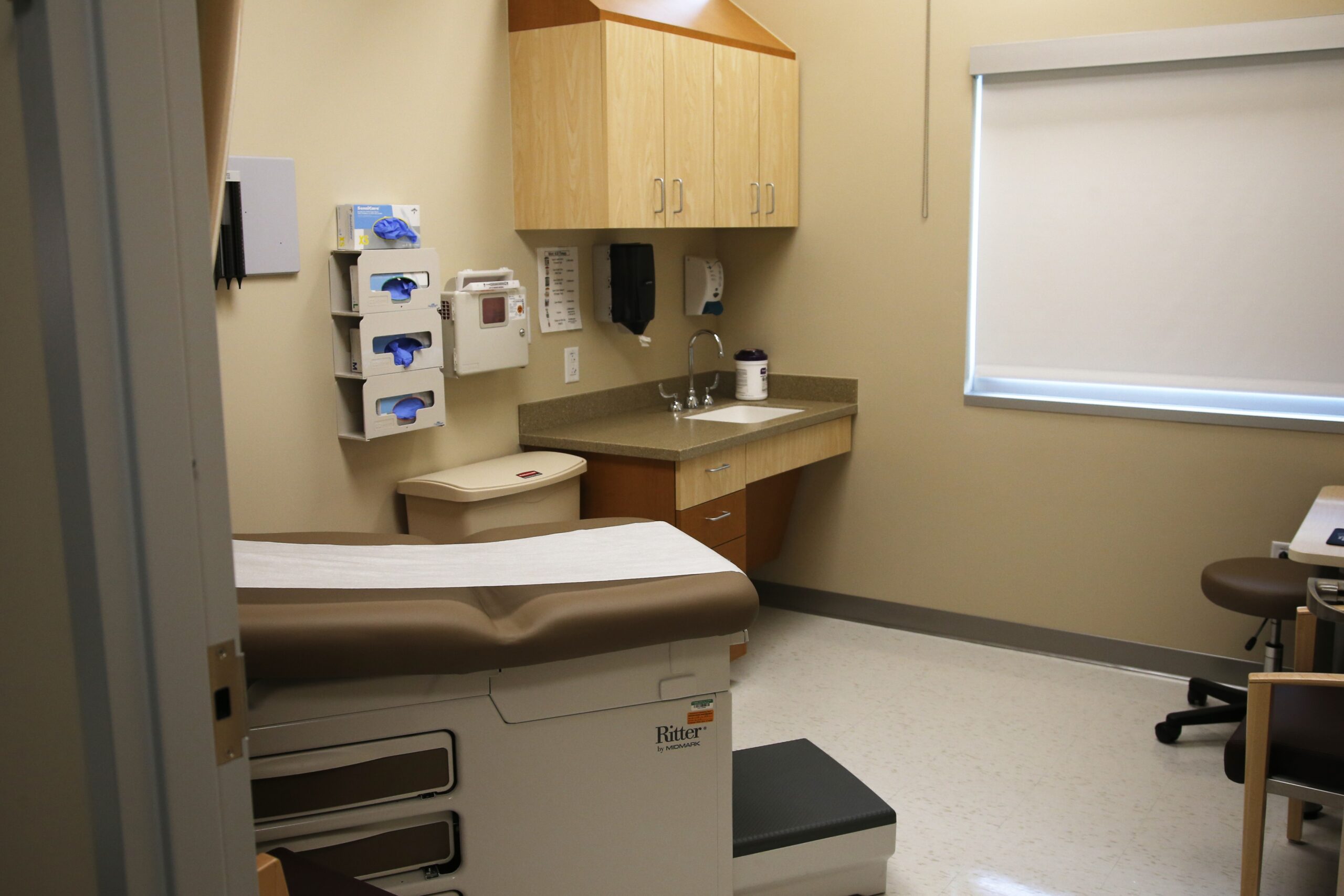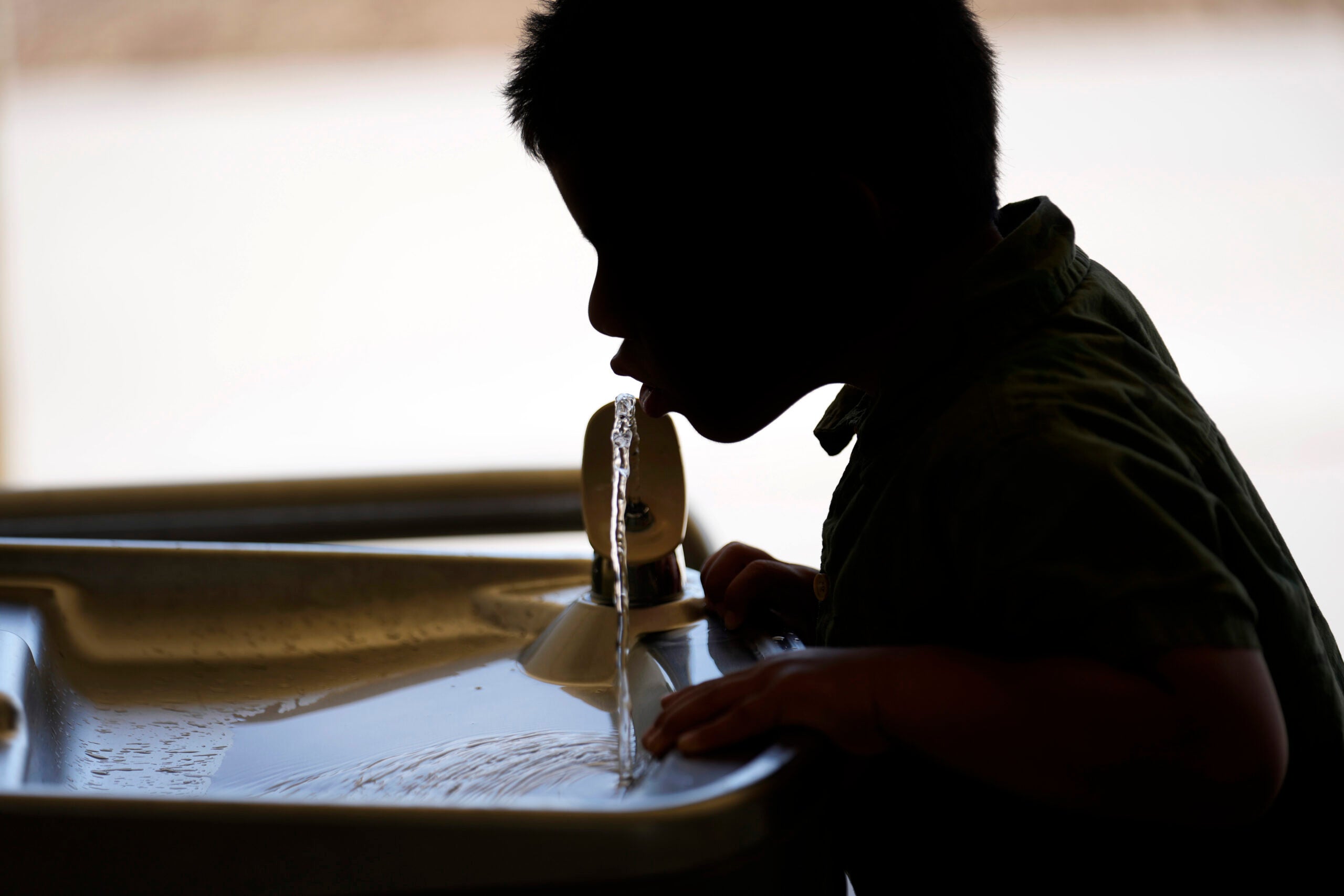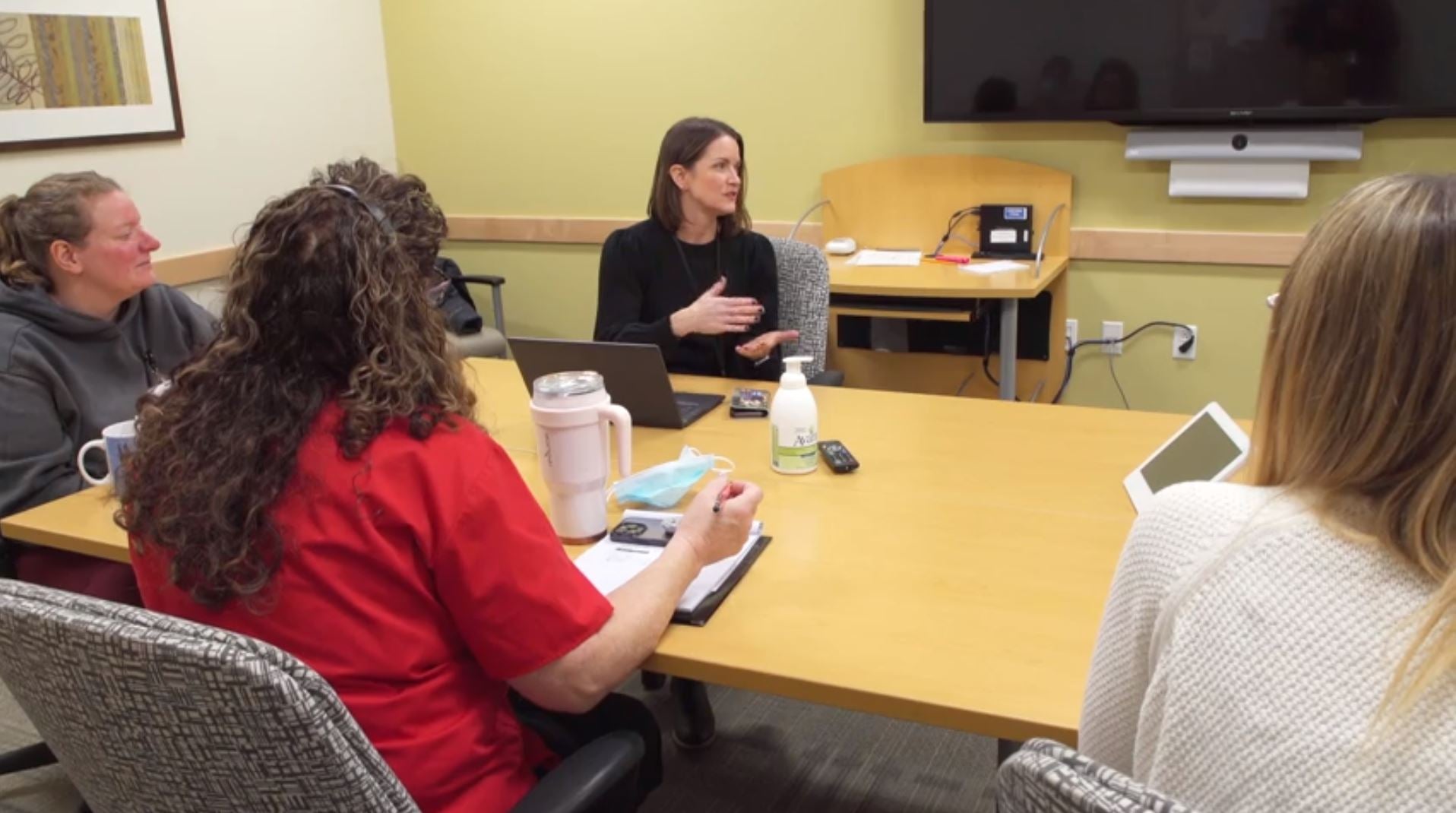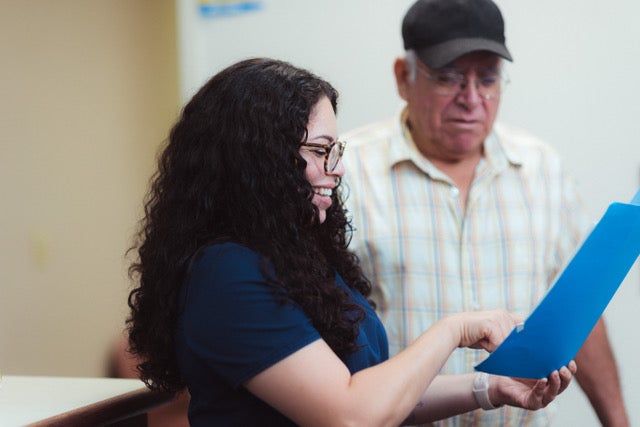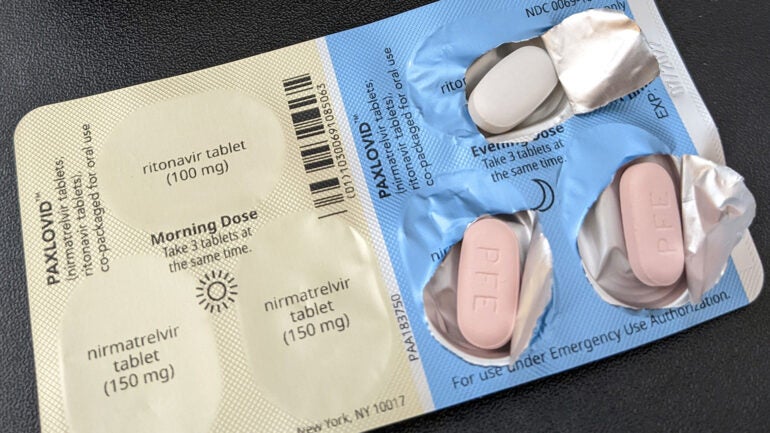Free clinics across Wisconsin that provide assistance with medical, dental and mental health services are being challenged by a loss of volunteers during the coronavirus pandemic.
At the Chippewa Valley Free Clinic in Eau Claire, Dr. Lori Whitis said all of the doctors who serve there are volunteers, and so are most of the nurses.
“And many of them are close to retirement age or a little beyond that and so are in a high-risk group for the coronavirus,” said Whitis, volunteer medical director for the clinic.
Stay informed on the latest news
Sign up for WPR’s email newsletter.
Dennis Skrajewski said that’s happening at most, if not all, of the 90 free and charitable sites across the state. Skrajewski is the executive director of the Wisconsin Association of Free and Charitable Clinics that was founded in 2014. The state organization helps support and advocate for the community-based clinics.
Free and charitable clinics have become especially important to provide assistance to uninsured and underinsured people, especially with job losses created by the pandemic, he said. While the clinics treat lots of different types of medical issues, patients often have diabetic, hypertensive and cardiac problems.
Skrajewski said the clinics are “significantly challenged.” They have had to adjust to a new operating model based around COVID-19 that factors in social distancing and personal protective equipment. But compounding the challenge to services at these sites is significant staffing changes, especially as the volume of patients increases.
That’s precisely what’s happening in Eau Claire.
“We need volunteers,” Whitis said, adding that the clinic has reached out on social media platforms and has had some luck recruiting nurses. Doctors are a bit trickier to find, particularly because they’re often coming into the clinic after a full day at their own clinics.
“But we’re doing what we can,” she said, pointing out that the clinic is trying to meet the needs of its patients with two doctors instead of the typical four doctors present during its clinic hours. One effective recruiting effort has been to tap into local health care providers’ residency doctors for help.
Most of these clinics are volunteer-based, and at some sites volunteers number more than 100. But Skrajewski said he’s hearing from clinics all over the state that they’re having to rely on or increase their paid staff to keep up with demand.
Telehealth has helped somewhat as a way of providing service without having to be seen in person by a physician or other health care provider.
Skrajewski said the association received a grant from Advancing a Healthier Wisconsin Endowment that helped get telehealth into about 40 clinics. In the past three months there have been about 2,000 of these virtual visits, he said. Prior to the pandemic, telehealth wasn’t used in most, if any, of the free and charitable clinics in Wisconsin.
While the option is helpful, Skrajewski said telehealth won’t be fully able to meet the needs of all patients. He estimated that in a typical practice, it might be able to handle a quarter or a third of a typical visit.
Still, it’s an effective option, especially for behavioral health visits, which most of the clinics offer, Skrajewski said. Dental services, which are provided in about a quarter of the clinics, use telehealth, too, to screen patients and to triage dental problems.
Whitis said there are a few steps the clinic has taken to ensure patients are helped through the pandemic. Since the beginning of the outbreak, she said the clinic tries to give every patient a pack of several masks to make sure they and their families are covered. A local group, Mask Beez, donated about 250 cloth masks to the clinic for its patients.
During a period when the clinic was operating fewer hours than is typical, staff set up a service called Ask a Nurse, where patients could call during a two-hour block every day and ask any medical-related questions, whether about COVID-19 or other health conditions.
“That was very, very busy, especially the first six weeks or so,” Whitis said.
And, on Monday, the clinic site began hosting a drive-through testing service for COVID-19, which is free and available to anyone who is exhibiting symptoms of the illness.
The tests will be administered by the Eau Claire City-County Health Department and will be provided on Monday evenings and Saturday mornings through late September, for now.
Wisconsin Public Radio, © Copyright 2024, Board of Regents of the University of Wisconsin System and Wisconsin Educational Communications Board.

